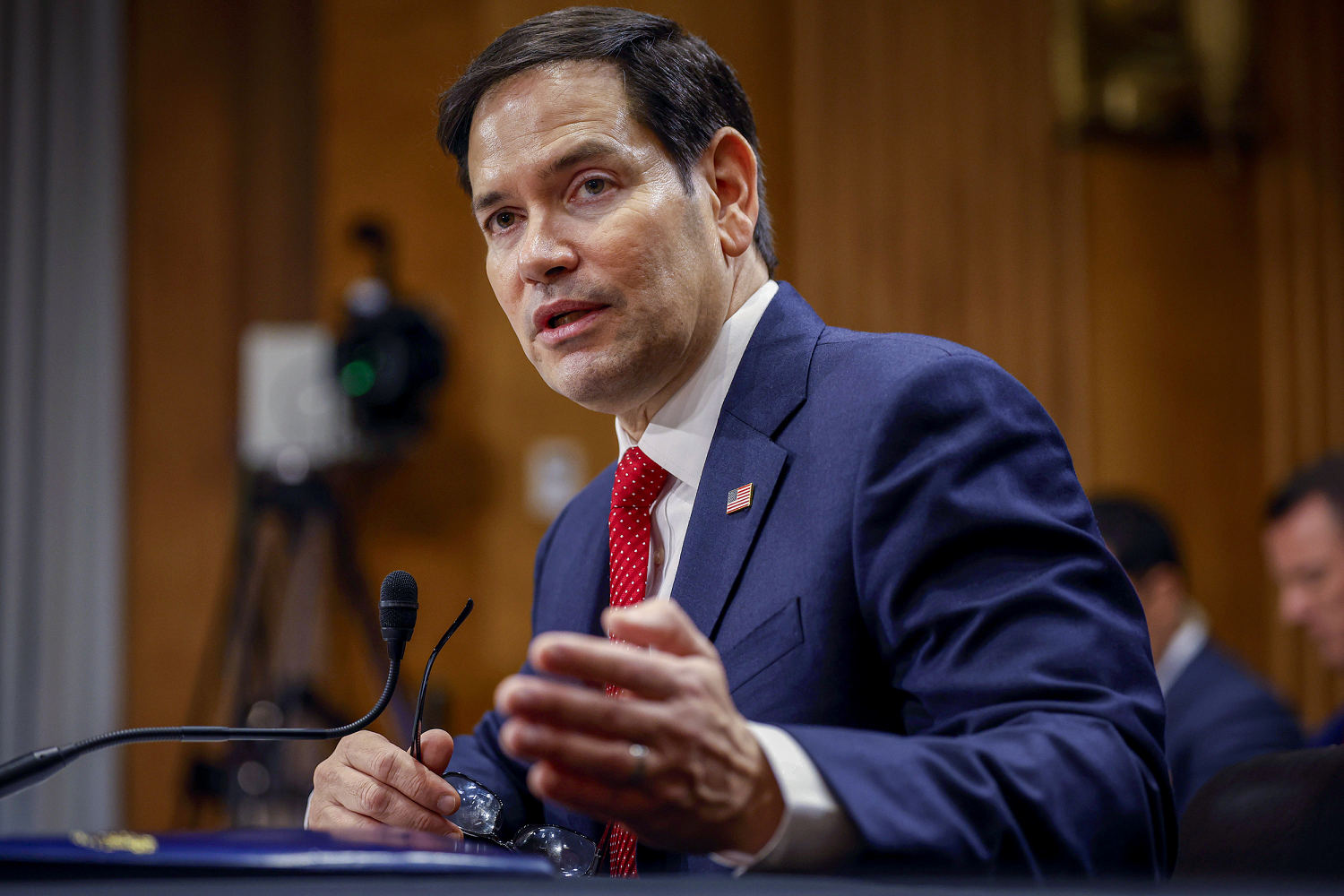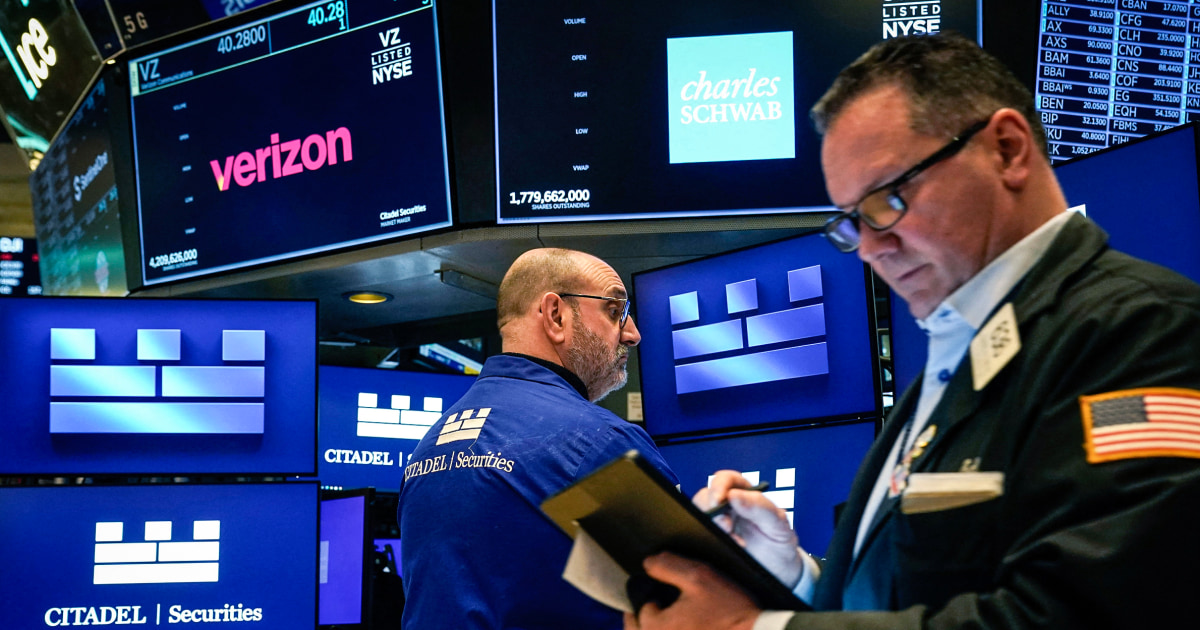
Secretary of State Marco Rubio met with Panamanian President José Raúl Mulino in Panama over the weekend, State Department spokesperson Tammy Bruce said in a readout of their meeting.
Rubio told Mulino about President Donald Trump’s concern regarding Chinese influence over the Panama Canal and that Rubio “made clear that this status quo is unacceptable and that absent immediate changes, it would require the United States to take measures necessary to protect its rights under the Treaty,” according to Bruce.
The State Department did not immediately respond to a request for comment about whether “necessary measures” could include military force.
At a press conference at Mar-a-Lago during the presidential transition period, Trump did not rule out using military force to gain control of the Panama Canal and Greenland, which he outlined as two of his goals for his second term.
Mulino previously denied that China has control over the canal. The canal is governed and operated by the Panama Canal Authority.
The canal used to be owned and operated by the U.S., but it slowly transitioned control to Panama in the late 20th century, releasing its grip on the canal totally by 1999.
One of the treaties governing that transition does ensure that the U.S. can intervene in the canal’s authority if Americans feel that there is a threat to the canal operating with neutrality.
In the readout of Rubio’s meeting with Mulino, Bruce wrote that Rubio emphasized to Mulino that Trump “has made a preliminary determination that the current position of influence and control of the Chinese Communist Party over the Panama Canal area is a threat to the canal and represents a violation of the Treaty.”
“We gave the Panama Canal to Panama. We didn’t give it to China. They’ve abused that gift,” Trump said at an early January press conference at Mar-a-Lago.
Rubio’s meeting with Panama’s president touched on a range of additional issues, including the migration crisis currently facing the U.S. and Latin America, improving the country’s investment in climate and Mulino’s support for a free and democratic Venezuela, according to the State Department.








